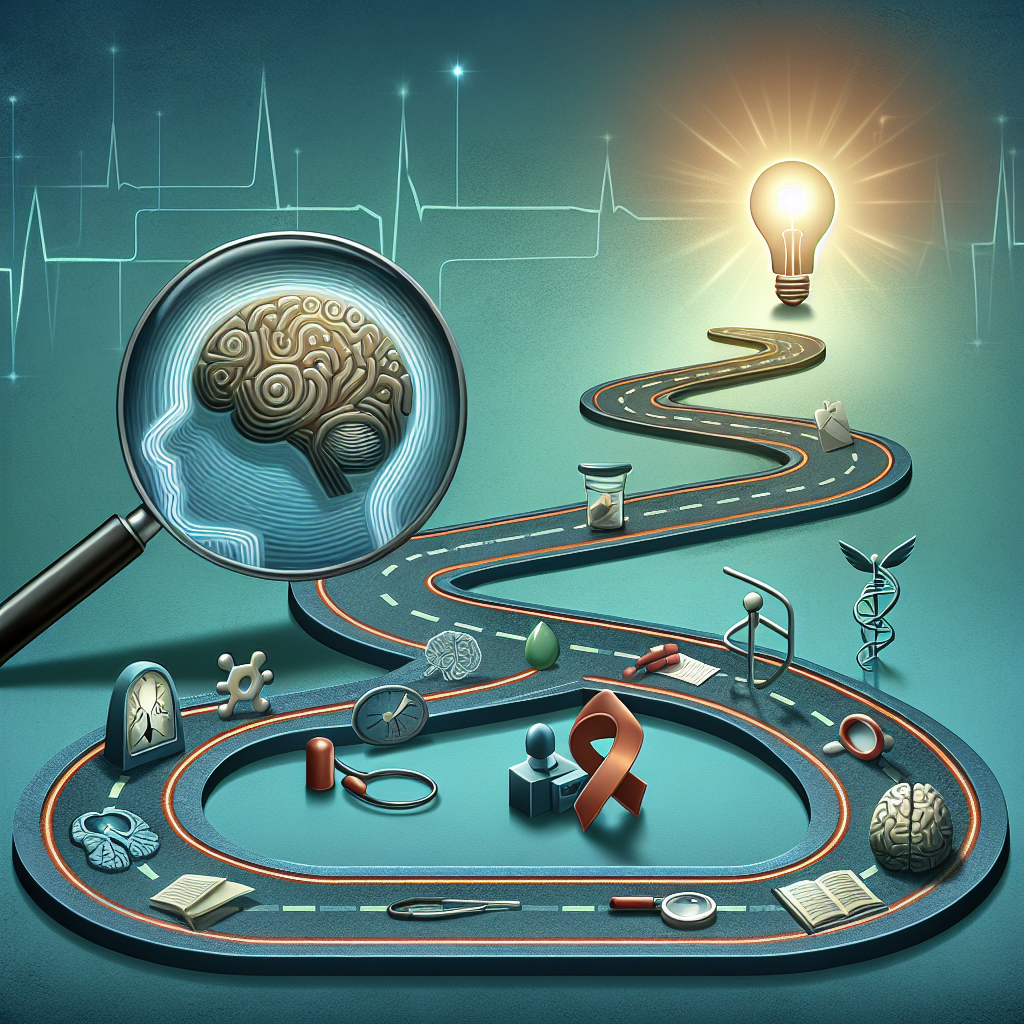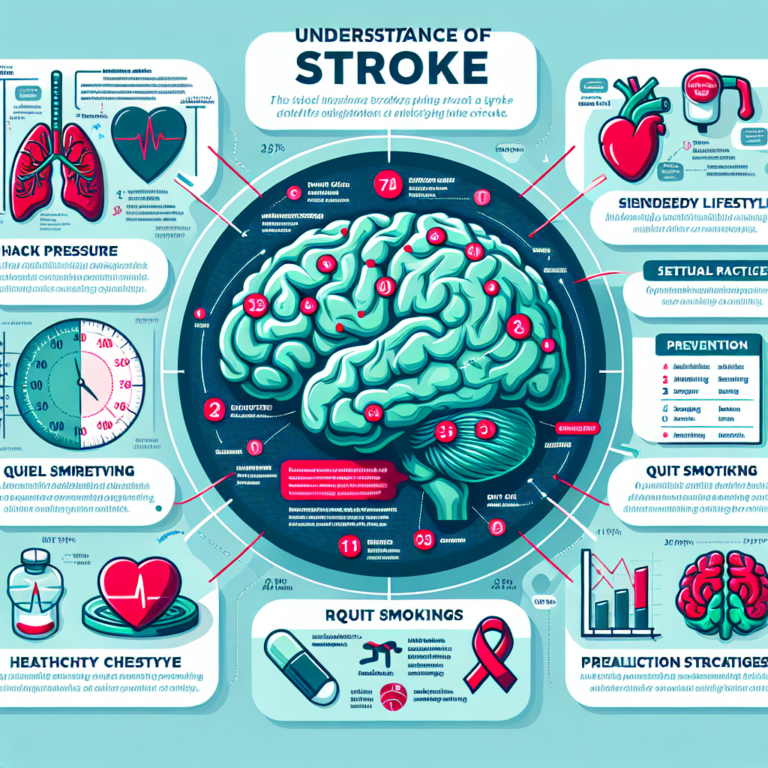
In a world increasingly aware of mental health and neurological conditions, understanding the pathways from diagnosis to treatment is both vital and empowering. Enter neuropsychological assessment—a foundational cornerstone that bridges the gap, guiding patients from the uncertain waters of diagnosis to the shores of effective treatment. In this article, we delve into From Diagnosis to Treatment: The Journey of Neuropsychological Assessment, exploring its complexities and clarifying its essential role in individual and societal well-being.
Understanding Neuropsychological Assessment: A Lifeline for Patients
At its core, a neuropsychological assessment uses a variety of psychological tests to evaluate cognitive functions such as memory, attention, problem-solving, and language skills. This multi-faceted evaluation helps clinicians diagnose brain-related issues ranging from mild concussions to severe neurodegenerative diseases.
The Importance of Early Diagnosis
Early intervention is often key in treating brain disorders. By employing neuropsychological assessments, clinicians can identify problems earlier than typical clinical evaluations might detect. Studies show that early diagnosis can significantly improve outcomes in conditions like Alzheimer’s disease or traumatic brain injuries.
Case Study: Early Detection of Alzheimer’s Disease
Consider the case of Sarah, a 65-year-old woman who started experiencing mild memory lapses. A neuropsychological assessment revealed subtle deficits in her verbal memory that indicated early-stage Alzheimer’s. Because of this early diagnosis, Sarah was able to start treatment plans and engage in lifestyle changes that slowed the disease’s progression. This illustrates just how crucial the journey from diagnosis to treatment can be in preserving quality of life.
The Phases of the Neuropsychological Assessment Journey
The journey of neuropsychological assessment unfolds in several stages, each crucial to crafting a comprehensive view of a patient’s cognitive health.
1. Initial Consultation
The very first step typically involves an initial consultation with a neuropsychologist. This session assesses the patient’s medical history, current symptoms, and any previous interventions. It sets the stage for what to expect from the neuropsychological tests.
2. Comprehensive Testing
Following the initial consultation, a series of standardized tests are administered. These tests may assess various cognitive domains:
| Cognitive Domain | Common Tests |
|---|---|
| Memory | Wechsler Memory Scale (WMS) |
| Executive Function | Wisconsin Card Sorting Test |
| Attention | Continuous Performance Test (CPT) |
| Language | Boston Naming Test |
These assessments provide a holistic picture of cognitive abilities and deficits, aiding in accurate diagnosis.
3. Feedback Session
The next step in the journey is a feedback session where results are discussed. This part of From Diagnosis to Treatment: The Journey of Neuropsychological Assessment is essential, as it demystifies results for patients and their families.
Case Study: Understanding Struggles
Take John, a 40-year-old man who struggled at work despite high intelligence. The feedback session revealed deficits in executive functioning, which explained his issues in maintaining organizational skills. Understanding this enabled John to pursue targeted strategies, ultimately leading to effective treatment.
4. Treatment Recommendations
Based on the assessment results, tailored treatment recommendations are developed. This could include cognitive-behavioral therapy, medication, or lifestyle adjustments. These interventions are designed to cater to the individual’s specific needs identified during the assessment.
5. Follow-up Assessments
Periodic follow-up assessments are essential in tracking progress and adapting treatment plans. Neuropsychological assessments are not static; they evolve, and the journey reflects that growth.
The Role of Neuropsychologists in the Process
Neuropsychologists are specially trained professionals who play an essential role in navigating From Diagnosis to Treatment: The Journey of Neuropsychological Assessment. They not only administer tests but also interpret data, making them vital allies in the treatment journey.
Characteristics of an Effective Neuropsychologist
- Strong Communication Skills: They effectively explain complex results to patients and families.
- Empathy: Understanding the emotional impact of cognitive decline is crucial.
- Collaboration: Coordinating with other healthcare professionals is necessary for comprehensive care.
Success Story: The Power of a Collaborative Approach
Imagine Lisa, a 30-year-old artist who suffered a mild stroke. After a thorough neuropsychological assessment, her results highlighted specific artistic cognitive processes that had been affected. Her neuropsychologist collaborated with occupational therapists and art therapists to develop a tailored recovery plan that allowed her to regain her artistic practice.
Conclusion: Inspiring the Journey Ahead
The journey from diagnosis to treatment via neuropsychological assessment is an empowering experience. Knowledge is power, and understanding one’s cognitive health can lead to life-altering decisions. With the right assessment and subsequent treatment pathways, individuals can pave their way toward healthier, more fulfilling lives.
Whether you’re navigating a diagnosis yourself, supporting a loved one, or simply looking to understand the complexities of cognitive health, the journey of neuropsychological assessment is one worth engaging in.
FAQs
1. What is a neuropsychological assessment?
A neuropsychological assessment evaluates cognitive functions through standardized tests to diagnose brain-related issues.
2. Who performs neuropsychological assessments?
Licensed neuropsychologists, who specialize in understanding the relationship between the brain and behavior, conduct these assessments.
3. How long does a neuropsychological assessment take?
Most assessments last between 3 to 6 hours, often divided into multiple sessions for the patient’s comfort.
4. Is neuropsychological testing painful?
No, neuropsychological testing is non-invasive and typically involves pencil-and-paper tests, as well as computerized tasks.
5. Can children undergo neuropsychological assessments?
Yes, neuropsychological assessments can be adapted for children and adolescents, providing insights critical for educational and treatment planning.
From Diagnosis to Treatment: The Journey of Neuropsychological Assessment not only illustrates a path through the complexities of cognitive health but also emphasizes hope and potential for individuals struggling with cognitive challenges. It’s more than a clinical procedure; it’s a pivotal journey towards understanding and healing. Let this article serve as a reminder of the resilience inherent in seeking knowledge and support, inspiring readers to embark on their own journeys toward cognitive well-being.















